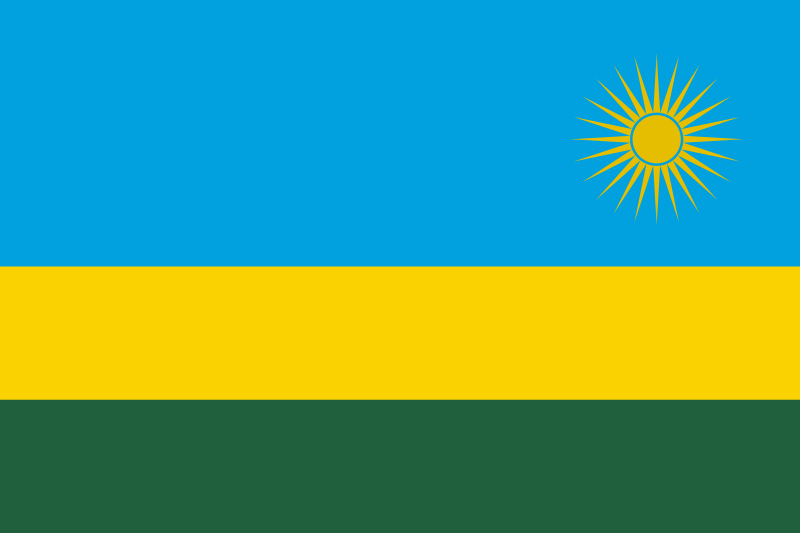A United Nations review of Rwanda’s human rights record is an opportunity to shed light on civic space restrictions in the country, DefendDefenders and CIVICUS said ahead of Rwanda’s third Universal Periodic Review (UPR), which will take place on Monday 25 January 2021 in Geneva. These restrictions include attacks on civil society actors and citizens seeking to peacefully exercise their rights to free expression, assembly, and association.
“We are concerned over the vast and growing disconnect between the law and the practice in Rwanda,” said Hassan Shire, Executive Director, DefendDefenders. “The government should use the recommendations offered by states, UN experts, and civil society to take corrective action and ensure that Rwandan citizens are able to exercise their rights.”
Rwanda’s authorities have seriously restricted civic space. Human rights defenders, civil society members, and journalists face threats, intimidation, targeted attacks, smear campaigns, surveillance, reprisals for cooperating with the UN, and the risk of arbitrary arrest, detention, and judicial harassment. Opposition political parties and associations face undue obstacles, including to register and peacefully demonstrate, as well as government infiltration attempts.
Altogether, the restrictions documented in a report by DefendDefenders and CIVICUS have given rise to a “hostile environment” for freedom of expression, both online and offline, and for the media. Citizens and journalists face risks of arrest and prosecution on “defamation,” “cybercrimes,” and other charges.
“Civil society is a valuable partner in governance, and should not be treated as the enemy,” said Mandeep Tiwana, Chief Programmes Officer, CIVICUS. “Rwandan authorities should stop interfering with civil society activities, duly investigate attacks against civil society actors, and punish perpetrators if they are serious about good governance.”
Ahead of the session, DefendDefenders and CIVICUS submitted a report analysing Rwanda’s implementation of the recommendations it received during its second UPR, in 2015, and developments regarding civic space. The report formulates recommendations which UN member states can take up during Rwanda’s review in order to push the Rwandan government to end violations and improve the situation.
The UPR is a process set up by the Human Rights Council, the UN’s principal human rights body. Every four-and-a-half to five years, every UN member state goes through a review of its human rights record in a process in which it receives recommendations from other states, which it can accept or reject. Civil society can participate in the process by submitting “alternative reports” and engaging in advocacy at the national and UN levels.
For more information, please contact:
Hassan Shire
Executive Director, DefendDefenders; [email protected] or +256 772 753 753 (English and Somali)
Nicolas Agostini
Representative to the United Nations, DefendDefenders; [email protected] or +41 79 813 49 91 (English and French)
David Kode
Advocacy and Campaigns Manager, CIVICUS; [email protected] or +27 73 775 8649 (English)
Susan Wilding
Head of Geneva Office, CIVICUS; [email protected] or +41 79 605 46 94 (English)

